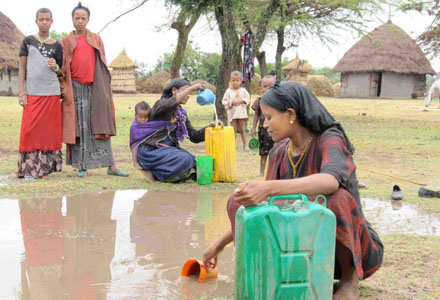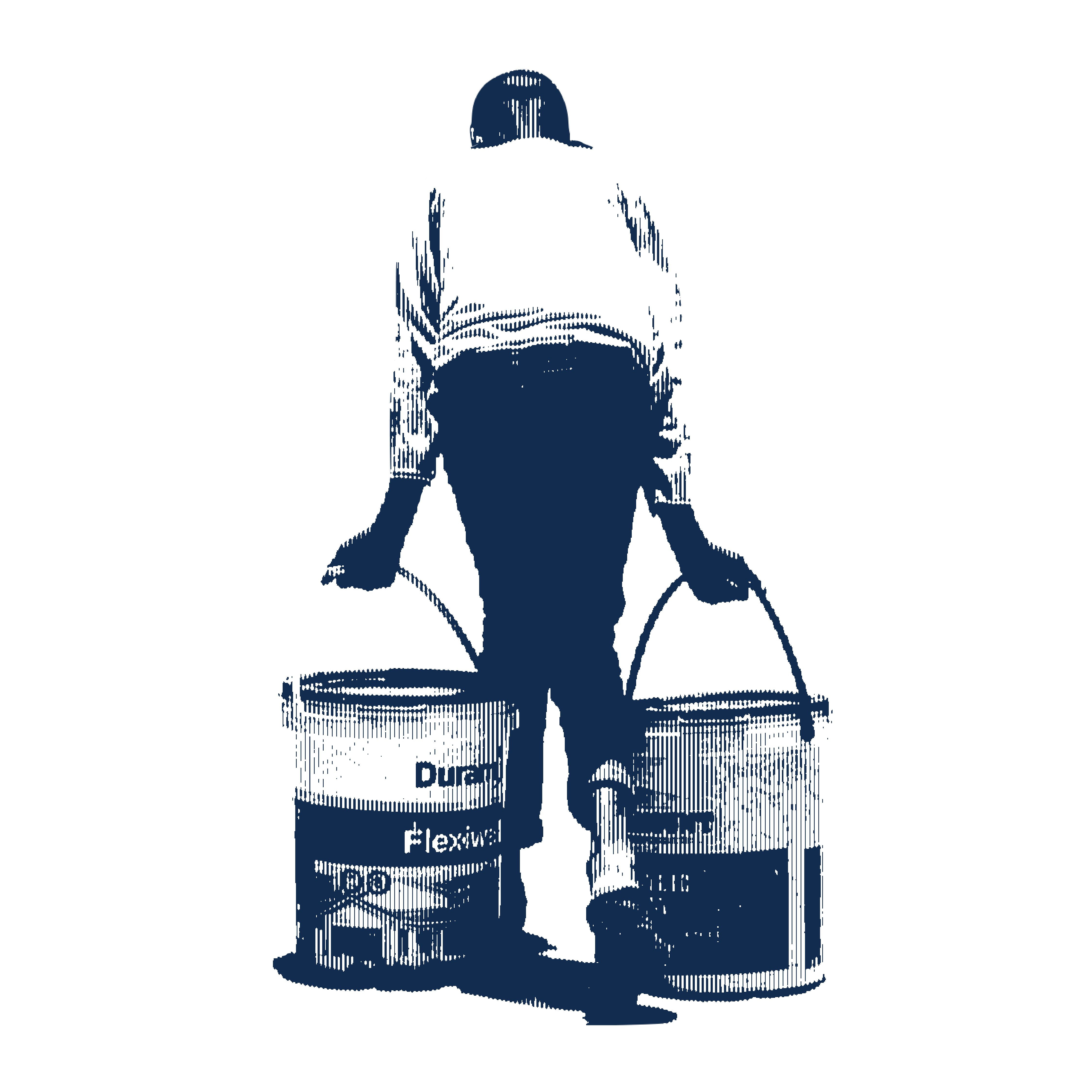
This article is from a student at Lehman High School in Bronx, New York. Lehman participated in a series of visits with Pulitzer Center journalists leading up the High School News Literacy Summit at Baruch College in Manhattan.
Water is the most important natural resource of life on Earth. We use it every day from showering, drinking, to even gaining it in our foods. It is almost never that we question the safety of our water. Living in the United States, we figure our water is well purified, especially bottled water. Bottled water is a commonly used substitute for tap water, but is it really safer?
Tap water is used for a variety of reasons and bottled water just basically used for drinking. We see bottled water as cleaner than tap water because it is considered to be well "purified." But the truth is that both tap water and bottled water can both be dirty. Tap water comes from the sink and may contain added fluoride. This can prevent tooth decay but can also have negative toxicological side-effects.
Bottled water can contain bacteria a couple of days after opening it and reusing plastic bottles can release the chemical substances from the bottles themselves. In a study of 57 bottled water and tap water samples, the tap water samples' bacterial content was under 3 CFUs/mL; as for the water bottle, its bacterial content ranged from 0.01-4900 CFUs/mL. The Natural Resources Defense Council (NRDC), Sierra Club, and World Wildlife Fund have all factually encouraged their supporters to consume less bottled water. A study from NRDC shows that one third of bottled water contains contaminants and a quarter was bottled tap water. There are also anti-bottled water campaigns such as Corporate Accountability International, where they strongly argue that bottled water is no better than tap water. Studies at the Environmental Protection Agency (EPA) regulates tap water for roughly 90 different contaminates while the US Food and Drug Administration (FDA) checks that bottled water meets drinking-water standards. However, it doesn't make bottled water better.
We are rejecting more and more contaminants in water; such as medications, drugs, cleaning products, paint, toxic material, and much more. Some of the contaminants can't be completely removed by purification systems, but these systems remain on function.
In conclusion, bottled water isn't really safer. Though it is purified, bacteria can still linger and you and the people making the bottles would never notice. Drinking water from the bottle isn't a bad thing, but as an individual, you should always be aware of how many times you use that bottle because if it is used more than the suggested use, you can be an open door to the waste released from the bottle itself.



